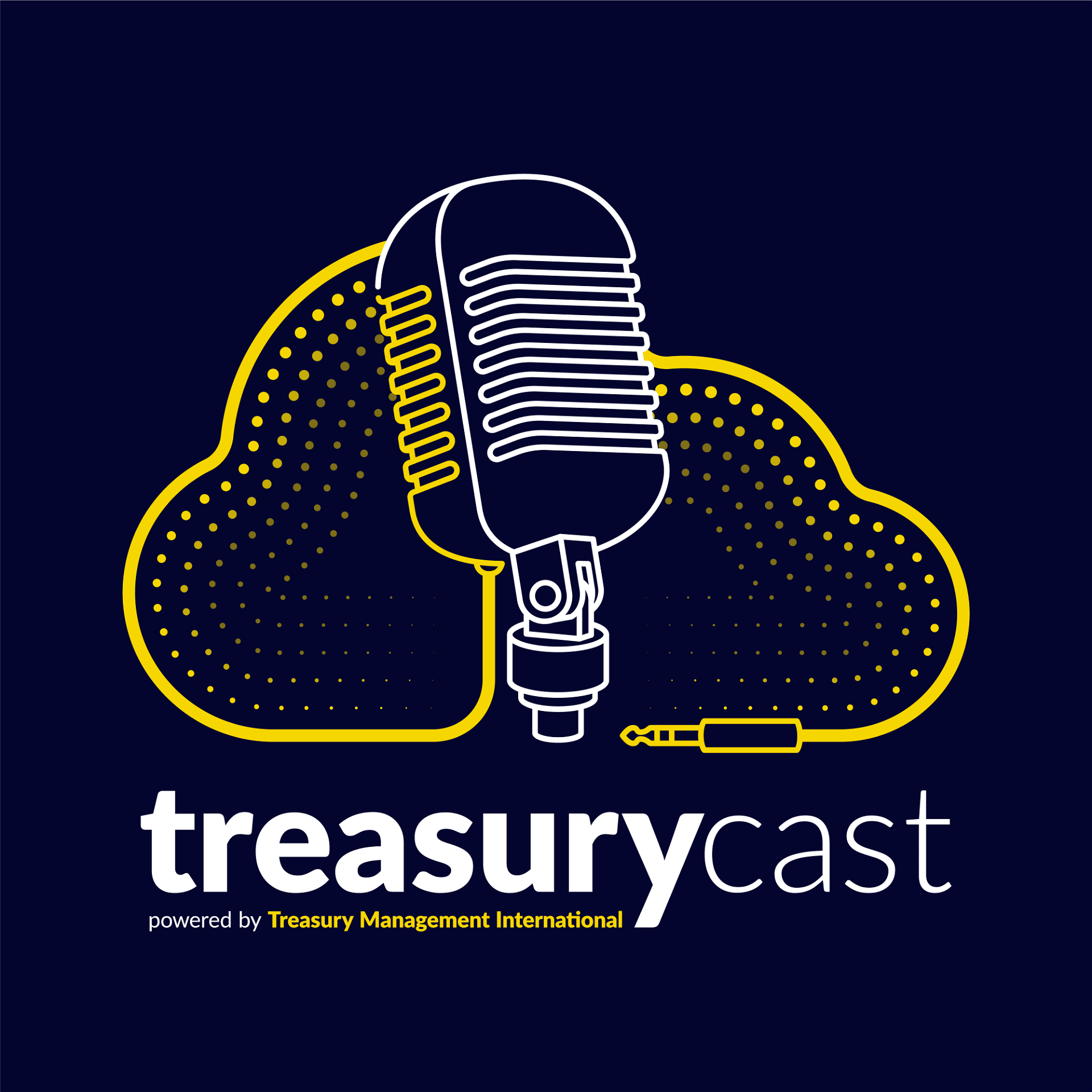CTC Transaction Reporting verifies and validates data reported to relevant trade repositories, ensuring full compliance and evidencing financial control
London – Gresham Computing plc, a leading provider of transaction control solutions, today announced the launch of Clareti Transaction Control (CTC) Transaction Reporting. The solution allows financial institutions (FIs) to verify and validate that trades reported to trade repositories comply with the requirements of regulations for eligible trades under Dodd Frank, EMIR, REMIT, G20, MiFID and MiFIR.
A set of pre-defined rules within CTC allows multiple sources of internal data to be compared, validated and verified, so that the correct information is delivered to regulators and registered reporting mechanisms, in the required format, with all of the associated rules applied. The solution validates, in real-time, the integrity of the data held in all FI systems from the front and back office through to the exchange. It checks that the transactional information recorded in the organisation’s internal books and records matches the trade repository view. This provides peace of mind to FIs that their transaction reporting processes are effective, that data is complete and reporting obligations to regulators have been satisfied.
The in-built logic contained within CTC Transaction Reporting allows it to deal with multiple regulations and reporting entities concurrently. Based on certain data fields, or internal reference data, CTC can automatically determine which trades need to be reported to which repositories and reporting entities, such as CME, UnaVista, MAS or the DTCC. CTC can rapidly smooth the transition process should FIs decide to change trade repositories.
“In a tough regulatory environment where approved individuals are to be held accountable for transaction reporting, it is essential to maintain and demonstrate evidence of rigorous financial control and integrity across the organisation,” says Chris Errington, CEO, Gresham. “The old days of sending transaction reports to the Trade Repositories (TRs) and hoping they are accurate have gone. The regulators require accuracy and are starting to validate the information that is sent to the Approved Reporting Mechanisms (ARMs), as demonstrated by some recent high profile cases involving fines and public criticism of major institutions. The ability to deploy CTC in days allows clients to adapt to the ever changing regulatory landscape quickly and cost effectively.”
CTC’s in-built flexibility and scalability ensures that it is particularly adept in handling non-standardised data sets, such as OTC derivative transactions, which can involve the matching of data formats over 1,000 columns wide. While such data formats are problematic for legacy systems, CTC handles them effortlessly. As a result CTC is ideally suited to meeting the demands set by Dodd Frank and EMIR as well as adapting to any future regulatory requirements that may arise.




